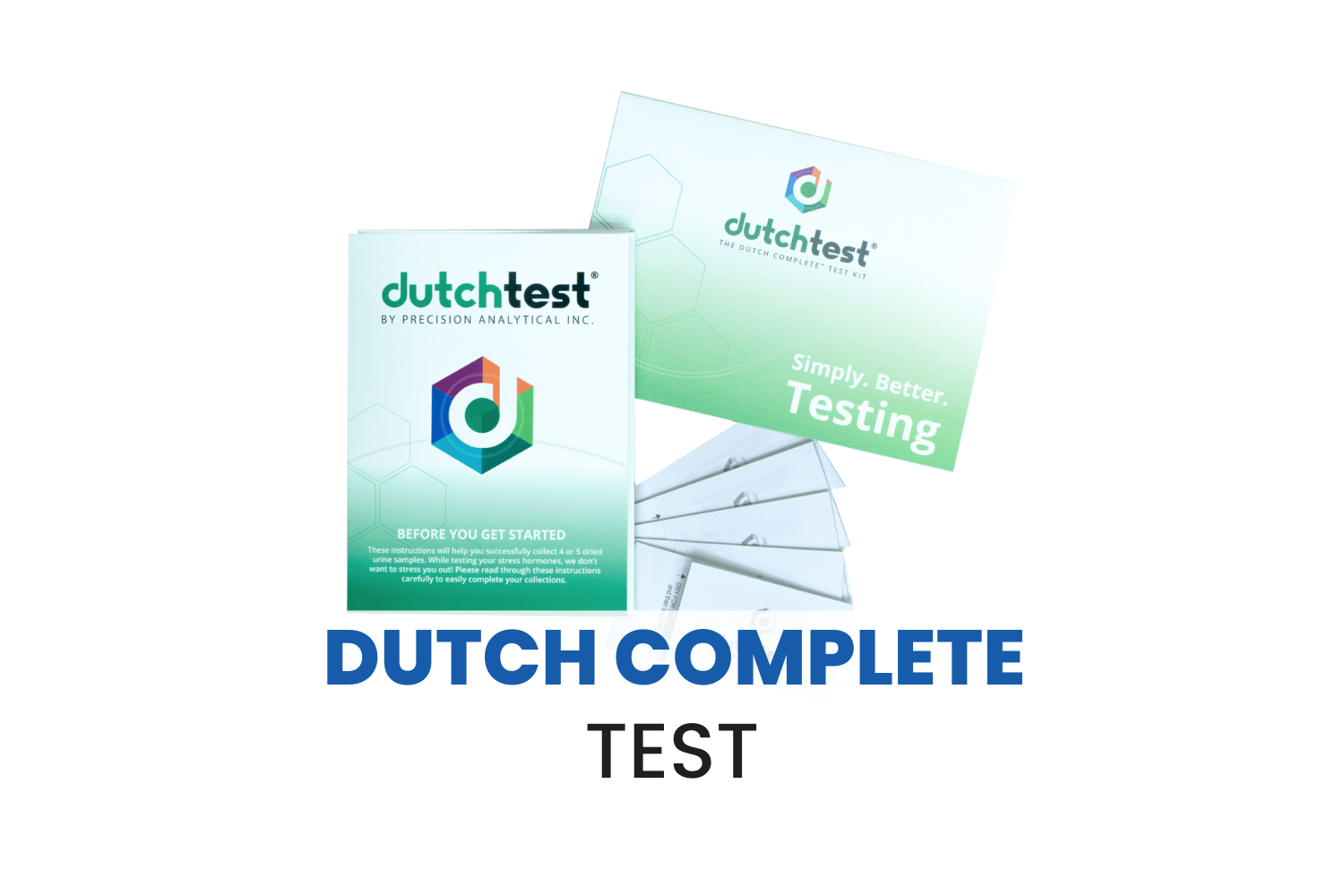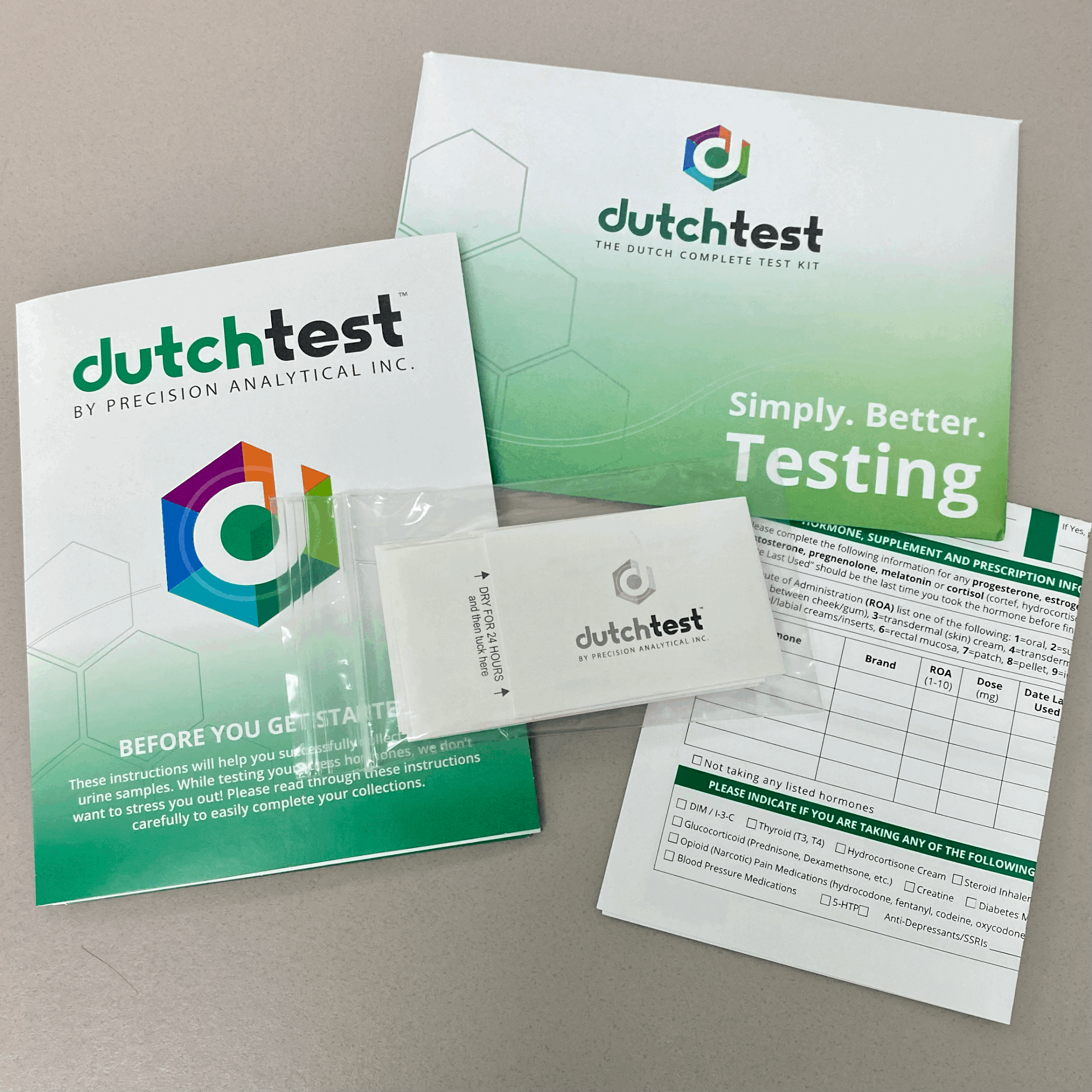Glyphosate



Glyphosate
Glyphosate is the world’s most widely produced herbicide and is the primary toxic chemical in Roundup™, as well as in many other herbicides. In addition, it is a broad-spectrum herbicide that is used in more than 700 different products from agriculture and forestry to home use. Glyphosate was introduced in the 1970s to kill weeds by targeting the enzymes that produce the amino acids tyrosine, tryptophan, and phenylalanine. The enzymes of many bacteria are also susceptible to inhibition by this chemical, thus altering the flora of many animals. Usage of glyphosate has since amplified, after the introduction of genetically modified (GMO) glyphosate-resistant crops that can grow well in the presence of this chemical in soil. In addition, toxicity of the surfactant commonly mixed with glyphosate, polyoxyethyleneamine (POEA), is greater than the toxicity of glyphosate alone (1). In addition, in 2014 Enlist Duo™, a herbicide product which contains a 2,4-dichlorophenoxyacetic acid (2,4-D) salt and glyphosate, was approved for use in Canada and the U.S. for use on genetically modified soybeans and genetically modified maize, both of which were modified to be resistant to both 2,4-D and glyphosate. 2,4-D has many toxic effects of its own and can be measured in the GPL-TOX test.
This is an at-home test: once purchased, the kit will be shipped to the address provided.
Shipping costs are included in the product price.
Cannot ship to NY, NJ, RI, or Internationally.
Details:
Glyphosate has been declared a likely carcinogen by the International Agency for Research on Cancer of the World Health Organization. Chronic kidney disease of farm
workers has also been associated with glyphosate exposure. Researchers Stephanie Seneff and Anthony Samsel have proposed that glyphosate toxicity in animals is due to alteration of cytochrome P450 enzyme activities. In addition, many beneficial microorganisms are susceptible to glyphosate, leading to decreases in beneficial flora and increases in bacterial pathogens such as Salmonella and Clostridia.
Recent studies by Seneff et al have found significant associations between the ingestion of glyphosate and/or GMO foods and a variety of diseases including common cancers, autism, Alzheimer’s disease, multiple sclerosis, diabetes,
and many others.
Analyte List:
Glyphosate
Physical Items Included in this Kit:
50ml Urine collection cup
Gel pack
Transparent biohazard bag
Foil bag
Test requisition form
Large UPS bag including a stamp for return shipping
Specimen Requirements:
Urine: 10 mL of first morning urine before food and drink is preferred.
More Information About Glyphosate:
The chelating ability of glyphosate also extends to toxic metals. The high incidence of kidney disease of unknown etiology (renal tubular nephropathy) has reached epidemic proportions among young male farm workers in sub-regions of the Pacific coasts of the Central American countries of El Salvador, Nicaragua, Costa Rica as well as in India and Sri Lanka. The researchers propose that glyphosate forms stable chelates with a variety of toxic metals that are then ingested in the food and water or in the case of rice paddy workers, may be absorbed through the skin. These glyphosate-heavy metal chelates reach the kidney where the toxic metals damage the kidney. These authors propose that these chelates accumulate in hard water and clay soils and persist for years, compared to much shorter periods of persistence for non-chelated glyphosate. Furthermore, these chelates may not be detected by common analytical chemistry methods which can only detect free glyphosate, thus dramatically reducing estimates of glyphosate persistence in the environment when metals are high (for example, in clay soil or hard water).
Shipping Information:
Upon completion of your order, the lab test kit will be shipped directly to you to be completed at home. Once mailed back to the lab via a pre-paid mailer, it generally takes 3-4 weeks for the results to reach the provider. Cannot ship to NY, NJ, RI, or Internationally.
Return Policy:
This product is non-returnable and non-refundable.
High correlations exist between glyphosate usage and numerous chronic illnesses, including autism, which is shown in graph. The Great Plains Laboratory recently conducted a study on a set of triplets (two with autism and one with a suspected seizure disorder) and found that when their intake of glyphosate was decreased (switching to organic food), their symptoms improved. Other disease incidences with high correlations include hypertension, stroke, diabetes, obesity, lipoprotein metabolism disorder, Alzheimer’s, senile dementia, Parkinson’s, multiple sclerosis, inflammatory bowel disease, intestinal infections, end stage renal disease, acute kidney failure, cancers of the thyroid, liver, bladder, pancreas, kidney, and myeloid leukemia. Correlations are not causations, yet they raise concern over the use of a chemical to which all life on earth appears to be exposed.










